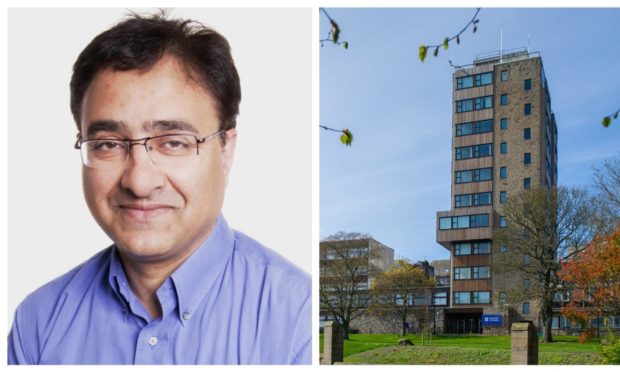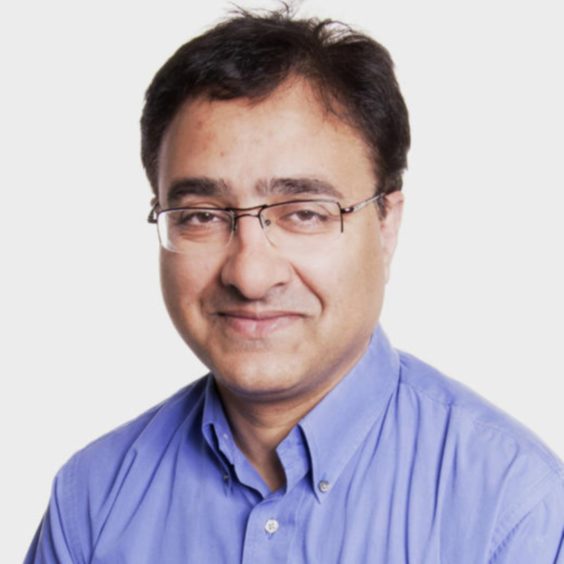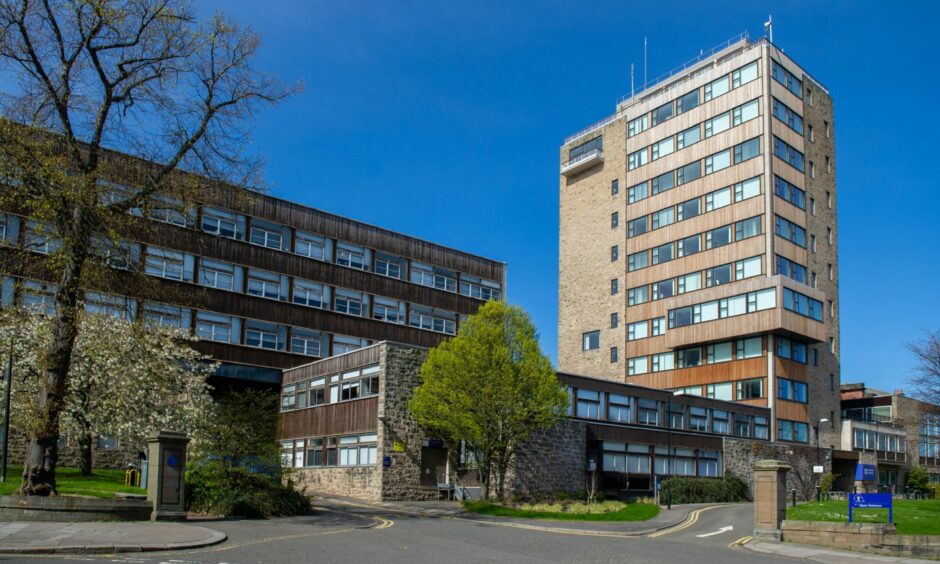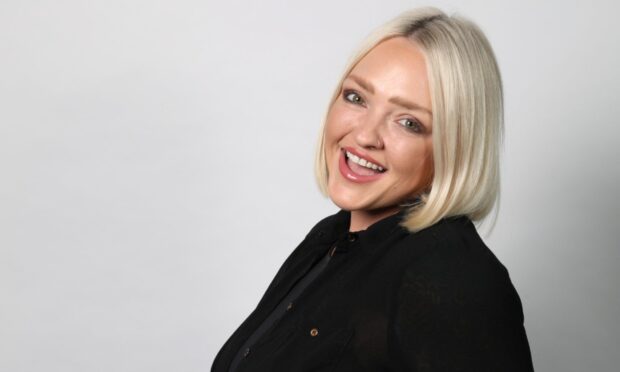A well-respected Dundee professor and surgeon who was sanctioned by a health watchdog for misconduct involving inadvertent plagiarism, has met the conditions set down by a tribunal.
Professor Ghulam Nabi was found by an independent body to have committed misconduct during the incidents five years ago.
He reviewed and rejected a manuscript submitted by another doctor for publication.
However, unpublished excerpts of the work were taken by one of his students, who copied more than a quarter of the work, using it without Prof Nabi’s knowledge and permission.
It was published in the Urological Oncology Journal, but was then peer reviewed by the original author who complained to the editor.
Tribunal defence
Prof Nabi was brought before the Medical Practitioners Tribunal Service (MPTS) who ruled emails he sent discussing the allegations were ‘misleading’ and that he had failed to adequately check the work for plagiarism.
Speaking at the tribunal in May 2021, Prof Nabi’s lawyer Lee Gledhill said in defence of the surgeon that he is a man of high standards and held in high regard by colleagues.
He stated that, as head of funding, the tribunal was embarrassing for him and his reputation was damaged because the university had to inform all funding organisations/sponsors of this event.
Used without his knowledge
The tribunal imposed conditions on Prof Nabi’s registration for a period of nine months.
It was deemed he could continue in all his current roles.
Prof Nabi vehemently denied the allegation of plagiarism and the tribunal acknowledged the student used the material without Prof Nabi’s knowledge or permission.
‘Comprehensive approach to remediation’
As part of the conditions on him Prof Nabi was ordered to undergo a personal development plan.
A review hearing has now told how Nabi, who qualified in 1992, has also taken courses to reflect on his misconduct.
MPTS tribunal chair Jayne Wheat says: “The tribunal considered that the comprehensive documentary evidence of regular reflection, the undertaking of relevant courses and the up-to-date testimonials from colleagues demonstrated a comprehensive approach to remediation.”
Professor’s response
She added the tribunal concluded there was very low risk of repetition taking all of this into account, alongside the passage of time since the original allegation, with no further concerns raised.
She says: “The university, with input from Professor Nabi, now has robust systems in place to prevent any similar recurrence.”
I will continue to remain committed to learning.”
Prof Nabi says he is relieved the tribunal acknowledged his personal developmental work and contribution to placing robust systems in the university.
He says: “Furthermore, I am delighted the General Medical Council and tribunal never alleged or came to conclusions that plagiarism, research misconduct or dishonesty were committed by me but rather occurred due to an error by a student.
“I will continue to remain committed to learning and contribute to improve the workplace for myself, students and colleagues in the university.”
Prof Nabi is a professor in Surgical Uro-oncology and is head of the research division of Imaging and Technology in Dundee University’s School of medicine.
He is also lead surgeon for laparoscopic and prostate cancer surgery in NHS Tayside.
In 2018, he led a team of researchers who developed a new form of non-invasive prostate cancer diagnosis and treatment.
The work was hailed by former Dundee University rector Stephen Fry, who has received surgery for the disease.












